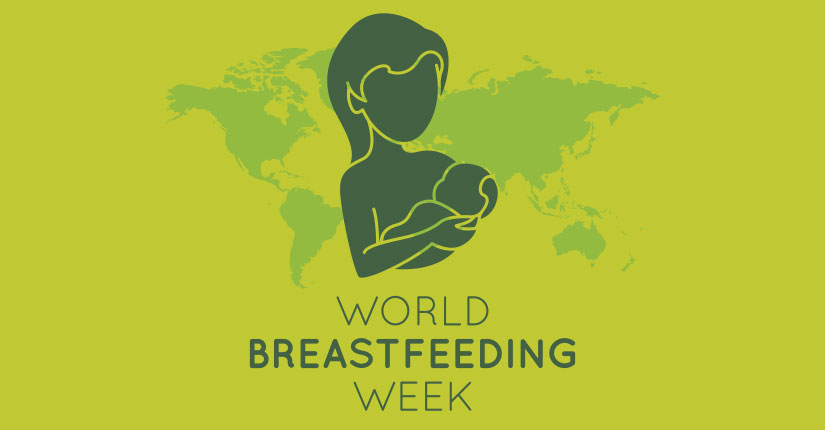5 signs how stress impacts your health and how to get rid of it
By Nmami Agarwal 01-Apr 2020 Reading Time: 6 Mins

Our life today is moving at a very fast pace. We are always on the go and ready to do whatever comes in our way. We have absolutely no time to simply sit down and focus on our body requirements. We neglect our body’s demands because we are so eager to make it to the finish lines. Most of us don’t have even have a scheduled planned and neither to do we attempt to make one. We are continuously pushing ourselves and straining our minds and body without even realizing it.
Stress is a leading cause of deteriorating physical, social and mental health. Stress stems out of the Latin word ‘strictus’ which means tight or narrow. It reflects the feeling of tightness and difficulty in breathing. Stress can be explained as characteristics of the environment that are disruptive to the individual. Everyone responds to stress in different ways depending on their upbringing, personality and life experiences. Stress is known to impair and damage our health and hamper our psychological functioning. It even makes us less attentive making us less efficient. These are a few ways in which stress impacts our health:
Stress affects the immune system: Psychoneuroimmunology studies the relationship between the mind, the brain, and the immune system. White blood cells fight off foreign substances and infections keeping your body healthy. There are two types of white blood cells: lymphocytes and phagocytes. When a person is stressed, the immune system loses the ability to fight off antigens and the body becomes more susceptible to infections.
Stress can lead to psychological problems: Prolonged stress can cause serious emotional defects such as depression, panic attacks, and anxiety. Frustration, conflict, and pressure are seen in a stressed person. Frustration comes out from the blocking of needs that hinder the person to achieve a set goal. A stressed person is easily frustrated and agitated. People also experience mood swings and even alienate themselves.
Stress affects our eating pattern: It is seen that a stressed person is very likely to eat less nutritious foods and turn to stimulants such as caffeine, cigarettes, alcohol, and drugs. While some people refrain from eating food, others start eating mindlessly and turn into emotional eaters. Under stress, the body releases cortisol, a stress hormone that increases your desire to consume sugary and fatty foods. This is because the brain thinks that the body requires fuel to fight the stress.
Stress can impair cognitive functioning: A stressful person lacks judgment and can make faulty decisions. Moreover, it can lead to loss of memory, ability to reason and attention problems. It can increase the risk of serious mental illness. It compromises a person’s problem-solving capability.
Stress affects your body: Stress can have a negative impact on your respiratory system. If you already suffer from breathing problems like asthma, stress can worsen your condition all the more. During stress, you breathe faster and heavier. Even your heart pumps blood faster to divert blood to the muscles in order to fight the stress and take action. Under stressful situations, your heart carries a great load and works very hard. This increases the chances of cardiovascular diseases.
Fighting and overcoming stress is not an easy task. In severe cases, people often succumb to the pressure and it can even lead to suicide. It is, therefore, necessary to keep a check on your stress level and avoid the situation from getting worse. Here are a few suggestions on how you can get
manage and relieve your stress:
Maintain a schedule
Practice meditation and yoga
Exercise
Encourage positive thinking
Manage your time
Focus on rational thinking
Sustain healthy relationships
Consume a balanced diet
Get 6-7 hours of sleep
Reduce the consumption of caffeine
Practice deep breathing
Footnote
Adapting to a better and healthier lifestyle is necessary for you to avoid the risk of serious ailments. Reduce your workload and learn how to manage pressure. While some amount of stress is important for a person’s optimal functioning, high-stress levels can put you and your body in danger.





















